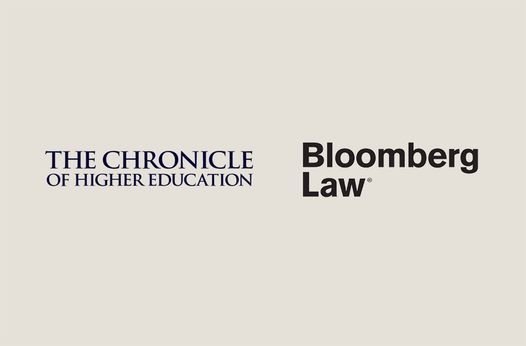Careful Prior Consideration of Conflicts Issue Assists in Avoiding Discipline
Lawyers for the Profession® Alert
Lawyers for the Profession® Alert | 2 min read
Nov 23, 2010
In re Torvinen, ___ N.W.2d ___, 2010 WL 4123787 (Wis. 2010)
Brief Summary
The Wisconsin Supreme Court, in holding that a lawyer did not have a conflict of interest, gave favorable consideration to the steps that the attorney’s law firm took to assess whether a conflict existed.
Complete Summary
This disciplinary matter arose out of a lawyer’s representation of lessees in a dispute against landowners/lessors. Another lawyer in the attorney’s law firm had provided limited representation to the landowners during their purchase of the property at issue. That representation did not touch on the lease at issue, which involved parking spaces. When the lessees sought the firm’s help in their dispute with the landowners, the firm deliberated about whether its former representation of the landowners created a conflict of interest.
The firm had extensive internal discussions about whether a conflict existed and assigned a lawyer to research the issue. The firm ultimately concluded that the two matters were not substantially related, and that, therefore, no conflict existed. The firm then represented the lessees and sued the landowners, who in turn raised the conflict of interest issue and filed a grievance with the Wisconsin Office of Lawyer Regulation (OLR). Ultimately the firm withdrew from representation of the lessees based on a discussion with the OLR, and assisted the lessees in obtaining replacement counsel.
A referee appointed to hear the OLR’s complaint concluded that the subject two matters were not substantially related and found no ethical violations. The referee noted in particular that the firm had “attempted to be ethical and reasonable problem solvers to the best of their abilities.”
The Wisconsin Supreme Court affirmed the referee’s findings and conclusion. In addition to the underlying conclusion that the matters were discrete, of limited scope, and not substantially related, the Court quoted the preamble to the rules of professional conduct, which recognizes that the disciplinary rules can raise “difficult issues of professional discretion” that “must be resolved through the exercise of sensitive professional and moral judgment guided by the basic principles underlying the rules.” The Court then stated that the attorney who represented the lessees did in fact exercise “sensitive professional and moral judgment, and maintained a professional, civil and courteous attitude toward all parties involved[.]”
Significance of Opinion
This opinion demonstrates that the steps a lawyer takes in assessing whether a conflict of interest (or other ethical constraint) exists may be relevant in a later disciplinary matter. Although the Wisconsin Supreme Court ultimately concluded that there was no conflict of interest because the subject two matters were not substantially related, it appears clear that the firm’s good faith efforts to understand and resolve the conflicts issue made a difference in framing the case.
In other contexts, consultation with and reliance on ethics counsel or bar counsel can have a similar effect of either preventing a bar prosecution altogether or influencing its result on the merits or with respect to sanctions. In addition, the Court’s citation of the preamble to the rules of professional conduct points out that a nuanced defense to a disciplinary charge may rely on the underlying principles and standards articulated in a preamble or comments to the rules.
This alert has been prepared by Hinshaw & Culbertson LLP to provide information on recent legal developments of interest to our readers. It is not intended to provide legal advice for a specific situation or to create an attorney-client relationship.
Related Capabilities
Featured Insights

Employment Law Observer
Dec 8, 2025
12 Days of California Labor and Employment: 2025 Year in Review

Press Release
Dec 4, 2025
Hinshaw Recognized by the Leadership Council for Legal Diversity as a 2025 Top Performer

Press Release
Nov 25, 2025
Hinshaw Legal Team Secures Summary Judgment in Gas Station Injury Case

Press Release
Nov 18, 2025
Hinshaw Releases the Third Edition of Duty to Defend: A Fifty-State Survey

In The News
Nov 13, 2025
A Profile on Neil Rollnick: After 57 Years in Practice, He Has No Plans to Retire

Press Release
Oct 22, 2025
Hinshaw & Culbertson LLP Launches New Website and Refreshed Brand






